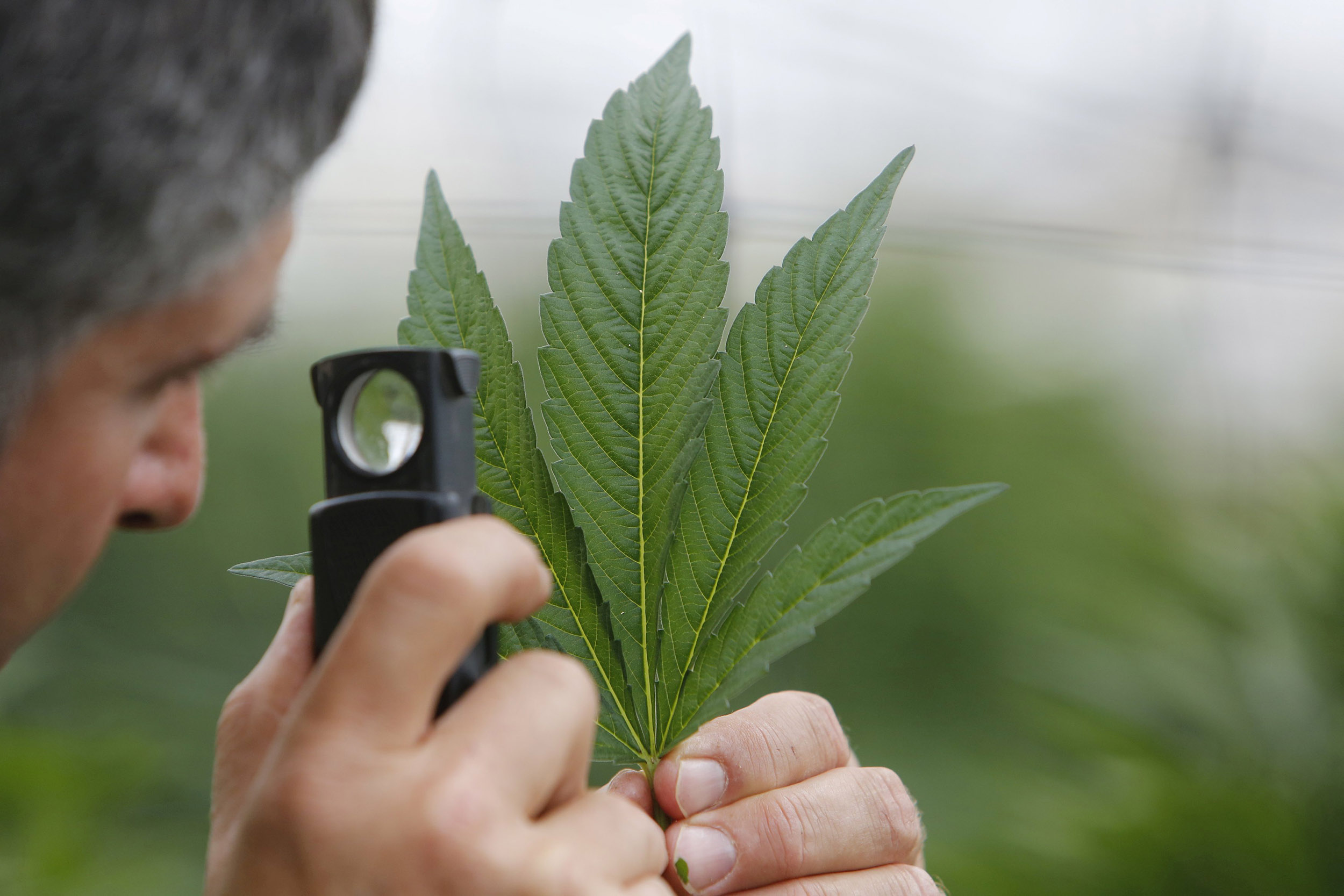Washington, D.C.—In response to the House passing the MORE Act today—the first bill to completely deschedule marijuana from the Controlled Substances Act and begin to repair the harms of prohibition—by a bipartisan 220-204 majority, Maritza Perez, Director of the Office of National Affairs at the Drug Policy Alliance, released the following statement:
“Thanks to the House’s leadership, today we are one step closer to seeking justice for the countless communities that have been devastated as a result of cruel and racially-targeted marijuana prohibition. And though it will not erase the pain millions of people have experienced; restore the economic, educational and career opportunities they have been robbed of; or give them back the time they have lost with their families, passage of the MORE Act does provide hope that a better future lies ahead – one where arrest records are wiped clean, new opportunities to take part in the legal marijuana industry exist, and desperately needed resources are redirected back into the communities that have been most harmed. Now, it’s up to the Senate to finish the job – it must begin to deliver on long overdue justice to end the status quo of racist and counterproductive enforcement. With more than two-thirds of Americans in favor of reform, it should be a swift and easy choice.”
“We want to thank House Judiciary Committee Chairman Jerry Nadler and Reps. Barbara Lee, Earl Blumenauer, and Nydia Velazquez for their extraordinary work in shaping and advancing this bill. We also want to thank Speaker Nancy Pelosi, Majority Leader Steny Hoyer, and Majority Whip James E. Clyburn for ensuring the success of this bill.”
Background
The MORE Act is the first bill to completely deschedule marijuana from the Controlled Substances Act, addresses the lifelong consequences of marijuana criminalization, reinvest in communities that have borne the brunt of prohibition, and take steps to ensure an equitable and diverse marketplace.
DPA has worked tirelessly to move the MORE Act forward since its inception, by working with House Judiciary Chairman Jerry Nadler and then-Senator Kamala Harris to draft and introduce the Marijuana Opportunity Reinvestment & Expungement (MORE) Act last session, creating the Marijuana Justice Coalition to build widespread support, and pushing for an initial Judiciary Committee mark-up amid a busy impeachment trial. This collective effort resulted in the MORE Act being passed out of committee in November 2019, passed by the full House in December 2020, and reintroduced this session in May 2021. Throughout, DPA has consistently educated legislators on the inequalities created by marijuana prohibition, which have exacerbated this moment’s intersecting health and racial injustice crises, and continued to build momentum around equitable and just federal reform. At the beginning of 2021, DPA convened the Federal Cannabis Regulations Working Group to determine what a federal regulatory framework—grounded in justice and social equity—should look like, and the group released its Principles for Federal Cannabis Regulations & Reform in April 2021.
The Senate companion bill, S.2227, was introduced by then-Senator Kamala Harris and attracted notable co-sponsors, including Cory Booker (D-NJ) and Elizabeth Warren (D-MA). Another bill that builds on the MORE Act was unveiled in July 2021 and is expected to be introduced in the Senate by Senators Schumer (D-NY), Booker (D-NJ), and Wyden (D-OR) in the near future.
According to the most recent Gallup public opinion poll, 68% of Americans support marijuana legalization. Thirty-seven states plus the District of Columbia, Guam, Puerto Rico and the U.S. Virgin Islands have laws that allow legal access to medical marijuana, and 18 states plus the District of Columbia and Guam allow legal access to marijuana for adult use. Despite this, the continued enforcement of marijuana prohibition laws are responsible for approximately half a million arrests in the United States every year. Black and Brown people are disproportionately impacted, with Black people specifically being almost four times more likely to be arrested for possession of marijuana than white people despite equal rates of consumption. Marijuana has also been one of the leading causes of deportation in the United States.



